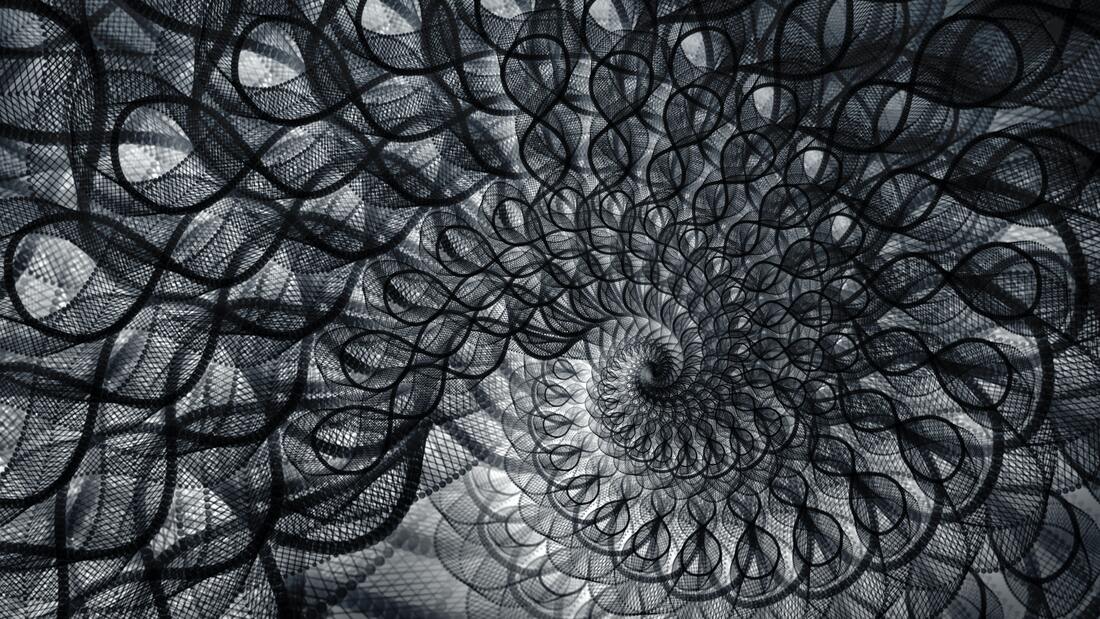|
I am starting a new project! I have been thinking about it for a long time. The topic of power intrigues and fascinates me. I think it's essential to explore if we want to live in a better society.
I often see the notion of power used to explain why some people are powerFUL and others are powerLESS. I want to challenge this division, and to explore power as a paradox instead: we all have it and lack it at the same time. I believe that it is counterproductive to divide people into those having and those lacking power. This division prevents us from working on social change together, as it turns our awareness about social problems into blame. I already wrote about this paradox as I was formulating the theory of micro- and macropower in my first book Media is us: Understanding communication and moving beyond blame. Now it's time to explore this complicated and controversial topic further! I will use the approach that I have started playing with in my online experimental book Me, Looking for Meaning. Which means that my new project POWER of meanings // MEANINGS of power will be a hypertext. The topic of power is incredibly complex, as we can see any aspect of human relationships through its lens. My goal is to present this complexity in a way that would make my exploration clear and useful for people from different walks of life. In order to properly explore such a difficult topic, I want to be able to generate new, unexpected directions of thought. In order to do this, I will gradually create a hypertext consisting of multiple entries interconnected through links. Scholars should know that this hypertext will use the rhizomatic research method introduced by postmodernist philosophers Deleuze and Guattari. According to this approach, because human thinking is nonlinear, using non-hierarchical structures for data representation and interpretation can be especially fruitful when investigating complex notions. The hypertext format is ideally suited for this task, as it will enable me to trace connections between multilayered, multi-branching ideas through links. Curious non-academics should know that the hypertext will consist of relatively short entries written in an accessible language that should make sense to the general audience. Each entry will focus on one idea or even an aspect of an idea, with examples and illustrations. Some pages will explain theories or concepts, others will tell stories and describe practices, yet others present summaries of books and (later) contain interviews with their authors. My investigation will look at a wide variety of social contexts, including parenting, education, art, politics, commerce, and media. Why is such an of power exploration necessary? I believe that understanding power is a prerequisite for social change, for three main reasons: 1. Power is an aspect of all human relationships. If we want to improve these relationships, power must be properly understood. 2. As people are looking for ways to improve the social system, the issue of power inevitably comes up, hidden in such questions as: "Whose fault is this problem?", "Who is supposed to fix it?", "Who gets in the way of making things better?". 3. Power is often seen as a binary: some people have it while others do not. Because this assumption obscures the complexity of social relationships, there is a risk of creating new problems as we are trying to eliminate old ones. The perspective I am proposing is based on a variety of ideas. The complexity of human co-existence has been explored in many disciplines within the humanities, social and behavioral sciences. My exploration will bring to public and scholarly attention how various aspects of power as a paradox have been presented by different thinkers and practitioners. Where does the name of this project come from? Although all power-related social processes have tangible outcomes, their source is in people's heads, in ideas we use to understand the world. This project will explore meanings we attach to the notion of power and to related concepts (such as free will and social system). At the same time, I will pay special attention to the role of meaning-making in power relations that permeate society. I am intrigued and inspired by Clifford Geertz’s description of people as “animal[s] suspended in webs of significance [they themselves have] spun”. I believe that disentangling these webs with patience and without blame can help us become better individuals who live in a happier society.
0 Comments
Your comment will be posted after it is approved.
Leave a Reply. |
SIGN UP to receive BLOG UPDATES! Scroll down to the bottom of the page to enter your email address.
I often use this blog to share new or updated entries of my hypertext projects. If you see several versions of the same entry published over time, the latest version is the most updated one.
|
